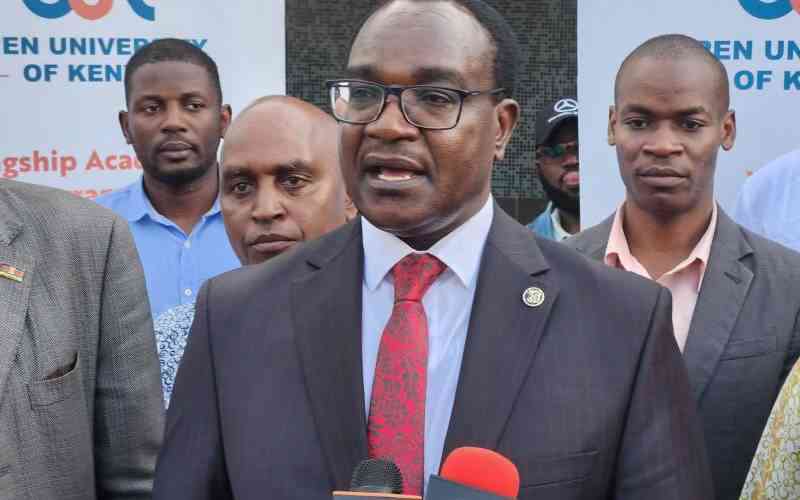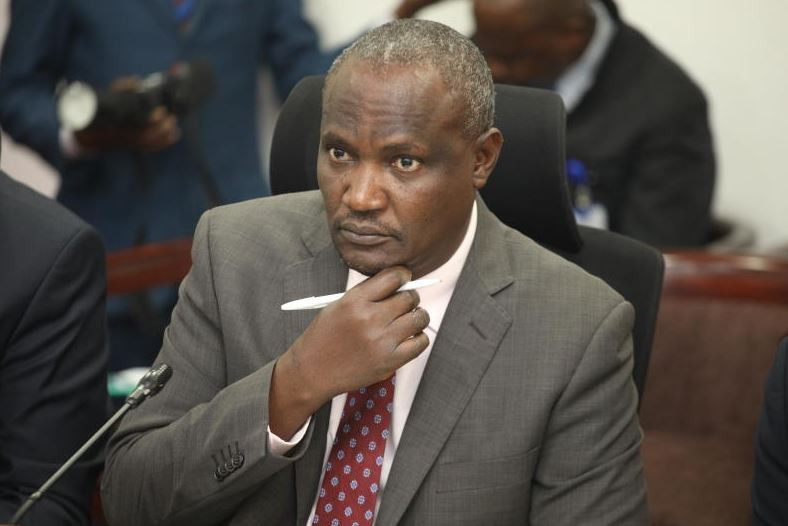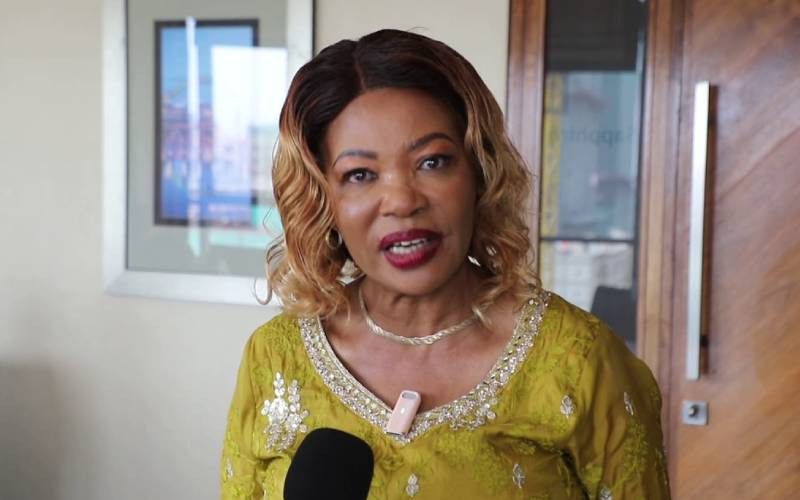
When looked at from how much the government spends annually in the education sector, Sh22.7 million ($175,000) per month might seem negligible, a drop in the ocean.
Yet this money has potential to do a lot of good in Kenya, starting from offering basic but essential services within the education sector and afford Kenyan children dignity as they pursue their education.
The government has contracted a US consultancy firm to lobby Americans and help Kenya reclaim its blue-eyed status and will pay a monthly retainer of Sh22.7 million ($175,000). The government might also have to pay more for other billable services.
The retainer of Sh22.7 per month or Sh272 million per year can enable thousands of primary school learners to pursue their education, meeting their basic schooling needs throughout the year.
According to the Ministry of Education, every primary school learner is allocated Sh1,420 every year to enable smooth operations within schools. This money is consistently late and in some instances, there have been reports that it never gets to the schools. This would mean that Sh272 million can cater for the schooling needs of more than 191,500 pupils in many primary schools across the country. The government has always delayed disbursements, which affects learning in schools.
Taken to Junior Secondary School where the government spends Sh15,042 per learner, the money is adequate to cover fees for 18,000 students. The money can also see more than 12,300 students through an year of schooling in secondary schools where the government has been paying Sh22,000 per learner.
The money could also be used in the construction of hundreds of new classrooms.
Over the 2024/25, among the projects that the Ministry of Education had embarked on included the construction of 9,000 classrooms for Grade Nine learners. The Ministry had said the project would cost Sh9 billion, which then translated to each classroom being put up at an estimated cost of Sh1 million.
This means that Sh272 million is enough to build more than 270 classrooms, enough for several new schools. The money can even go further if it is used in the refurbishment of dilapidated classrooms in different schools.
The government has also in the past introduced school feeding programmes, which proved critical in increasing enrolment rates in schools as well as keeping learners in schools. If employed in such an initiative, the money that the government is paying to the US lobbyists could provide 5.4 million hot meals to the children and help not just keep in school but also improve their health.
It is not the first time that Kenya has contracted foreign firms to build its image abroad but this has not always had the expected impact and when it does, it is only momentarily. In 2021, the government hired a firm by the name Rational 360 to help it with relationship building with the US government and influential Americans in businesses and non-governmental circles. The one year contract was valued at $600,000 (Sh78 million using current exchange rate)
Earlier in 2017 engaged Sonoran Policy Group, LLC, which was expected to give senior Kenyan government officials access to meeting and interaction with US government officials.
Kenyan relations with the US cannot however be said to have significantly improved due to these contracts.







